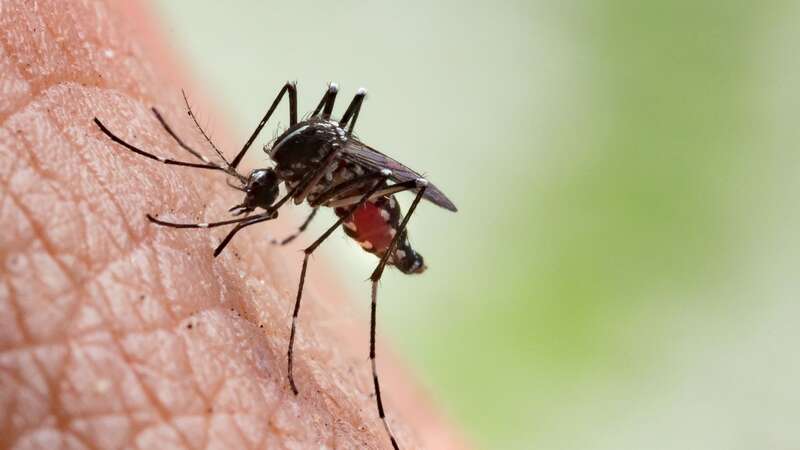

An army of genetically modified bugs have been released by scientists to battle a wave of killer dengue fever sweeping South America, amid fears it could spread to Europe.
So far in 2024, more than one million cases of the infection have been reported in the likes of Brazil and Peru, with some cities declaring states of emergency. is a virus transmitted in tropical climates by Aedys Egypti mosquitoes causing sudden fever, joint pain and, in some instances, can be fatal. Young children and pregnant women are at particular risk. More than 11 million cases were found in Brazil between 2003 and 2019 with huge spikes occurring every now and again.
In an effort to battle the problem scientists from British biotechnology company Oxitec have bred male mosquitoes genetically designed to carry a gene capable of killing females - which carry the disease - before they reach adulthood. The technology is known as Friendly.
The firm says: “The self-limiting gene is at the heart of the Oxitec method of pest control and is tuned to work optimally in each target species. When our Friendly males are released and reproduce with pest females, their offspring inherit a copy of the self-limiting gene.
 Cases of dengue fever can be fatal in some instances (Getty Images/iStockphoto)
Cases of dengue fever can be fatal in some instances (Getty Images/iStockphoto)“This gene disrupts the proper functioning of the insects’ cells by over-producing a protein, interfering with the cells’ ability to produce other essential proteins needed for development. This disrupts the insect’s normal development and ability to survive to adulthood.
 New Covid variant XBB.1.5 is the 'most transmissible yet' warns the WHO
New Covid variant XBB.1.5 is the 'most transmissible yet' warns the WHO
“This gene can be adjusted to function only in females, to enable large-scale and simple production of Friendly males only, and to target the pest female, which is frequently the most damaging.”
The Peruvian government has said it would be transferring funds faster to affected regions to cover the extra demand for medical resources. It will cover 20 of the country's 24 provinces, including regions that surround the capital city of Lima.
An epidemic of the virus in Peru last year resulted in 18 deaths. So far this year, 32 deaths have been recorded of the disease.
n December, the (WHO) said that Peru's 2023 dengue epidemic was linked to rains and hot temperatures that helped mosquito populations to grow, especially in the north of the country. Peru is visited by millions of tourists a year, many of whom travel to complete the Andes' Inca trail and Machu Picchu.